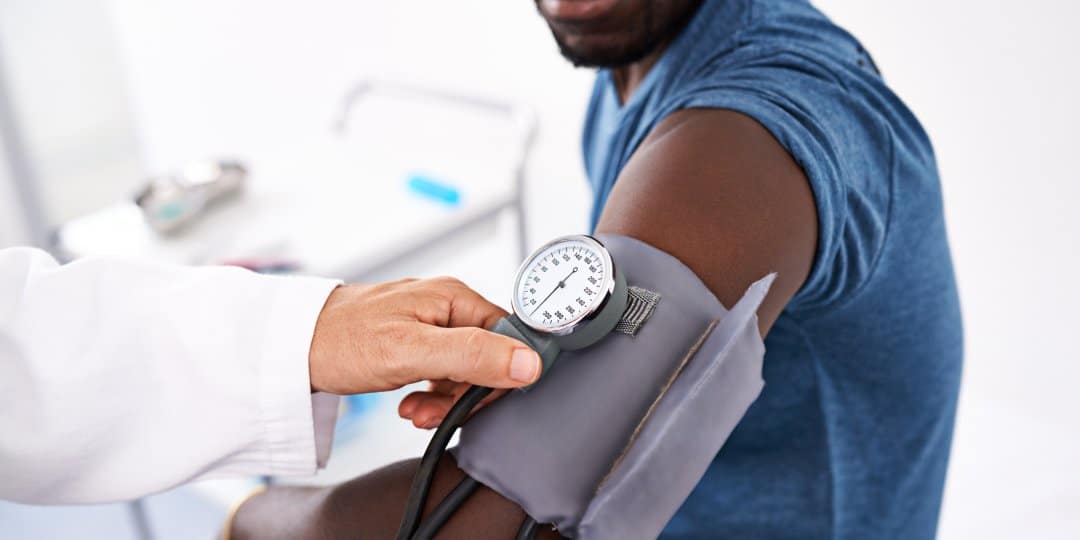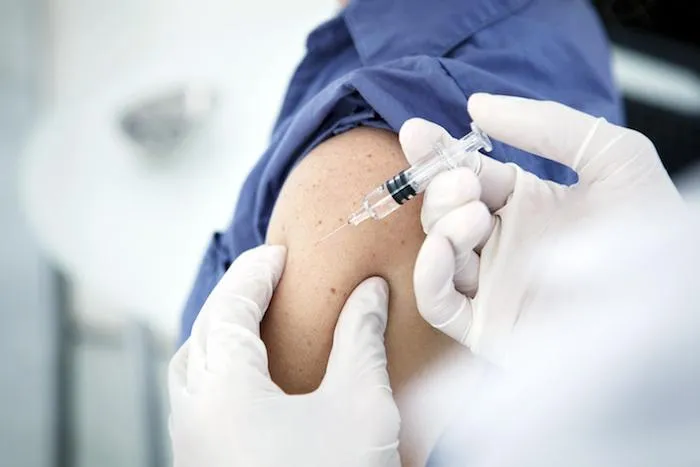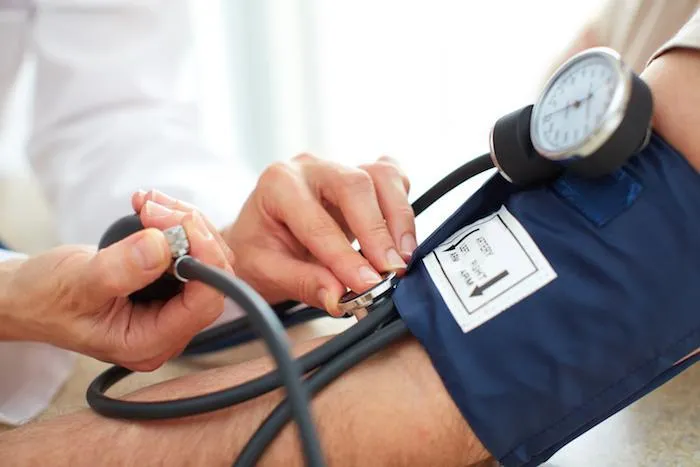Your Complete Guide to Men’s Health Screenings by Ages

According to a US survey, 33% of men believe they don’t need annual men’s health screening by age. According to 65% of respondents, they are “naturally healthier than other men,” and almost 40% look for health advice on the Internet. The cancer or cardiovascular disease statistics unfortunately say otherwise. Ignoring annual examinations can lead to very bad results, so maybe it’s time to take a little time for your health?
Regular health screenings are crucial for men of all ages as they play a vital role in detecting potential health issues early when they are often more treatable. These screenings are tailored to different age groups, focusing on specific health concerns and risk factors prevalent at each stage of life.
Early detection through men’s health check up increases the chances of successful treatment and promotes overall health and well-being. By staying proactive about screenings, men can take control of their health, reduce the risk of serious complications from diseases like heart disease, diabetes, and cancer, and potentially extend their lifespan with a higher quality of life. Regular check-ups and screenings are a cornerstone of preventive healthcare, ensuring men can enjoy active and healthy lives well into old age. It’s important to know how often to get physical to maintain good health and detect any early signs of diseases.
The Main Benefits of an Annual Checkup for Man
Every man over 25 should have a full male health check every year. What are the main benefits of an annual checkup? This will help prevent possible illnesses or detect them early, when treatment will be most effective.
With age, hormonal changes occur in the human body and the risk of getting certain diseases increases. Some of them may not show themselves in any way in the early stages, although they are in the active phase of development. This is often the case with cancer and chronic diseases. They can be detected only through diagnosis.
Men’s health screening is vital for maintaining optimal health and well-being for men. One of the main benefits is the early detection of potential health issues. Regular exams can uncover problems like hypertension, diabetes, and high cholesterol before they become severe, enabling timely intervention. Additionally, these men’s health check ups allow men to discuss lifestyle choices with their healthcare provider, receive personalized diet, exercise, and stress management advice.
Annual visits also ensure that vaccinations and screenings, such as those for prostate and colorectal cancer, are current. Furthermore, routine checkups help establish a strong patient-doctor relationship, fostering open communication and trust. This rapport makes it easier to address sensitive health concerns and ensures comprehensive care. By committing to annual men’s health screening by age, men can significantly reduce their risk of chronic illnesses, improve their overall health, and enhance their quality of life. Regular monitoring and preventive care are essential components of a proactive health strategy.
Men’s Health Screenings by Ages
It is important for men to be proactive in maintaining their health. Regular male medical exam contributes to long-term health and well-being. For example, healthcare providers recommend following a schedule of men’s health screenings.
Specific tests and screenings are offered for men in various age groups, starting at age 18 and up. Many of these, such as blood pressure (regular check-ups are essential for the prevention of hypertension) and depression screening, can be done during a routine physical exam. Other tests require a separate appointment.
Men are at risk for a variety of cancers, including prostate, colon and lung cancer. Following screening recommendations allows doctors to detect these diseases at an early stage, which greatly improves treatment prognosis.
It is important to remember that men’s health screening recommendations are not a substitute for consultation with a medical professional. The published recommendations may become useful topics for discussion during visits to the doctor.
20+
Young adulthood is an exciting time when most people are at or near peak physical fitness. To stay healthy, it is important to make good lifestyle choices now and make men’s health screening by age.
Blood pressure: check every 2 years if normal, more often if elevated.
Cholesterol: get a baseline test; frequency depends on results and risk factors.
Testicular health: regular self-exams for lumps or changes; professional exams during routine checkups.
Mental health: Did you know that three-quarters of mental health problems occur by age 24? Yet many young people do not receive timely treatment or early intervention.
Testicular cancer is diagnosed in approximately 2,000 men in the United States each year. Although it is relatively rare, the disease is one of the most common cancers among men between the ages of 15 and 49. It is important to perform a monthly self-examination of your testicles. This will help you become more familiar with their normal size and shape, making it easier to detect any changes.
Also, if you are sexually active, have multiple partners, or are entering a new relationship, you should get regular STI testing/HIV screening. These are the best tips for a healthy lifestyle.
30+
While you may not notice significant changes from your 20s, your body does change. The list of recommended age-related tests is changing and growing. It’s important to do basic men’s health screening, because most serious illnesses are asymptomatic at first and are easier to treat in the early stages.
Blood pressure & cholesterol: Continue regular checks. It helps to see the signs of coronary heart disease.
Diabetes screening: consider if overweight or other risk factors are present.
Mental health: discuss stress, depression, and anxiety with your doctor.
Vision and dental checks: regular eye exams and dental visits are essential for detecting early signs of issues like glaucoma or dental decay.
Regular male medical exam in your 30s set a foundation for preventive care, helping you stay healthy and address any emerging health concerns early.
40+
Turning 40 is a significant stage and often a transitional period in life, when all aspects of health are important – from physical condition to cardiovascular and bone system.
In each case, your doctor will help you develop a customized 40-year-old physical exam for males if there are any complaints, family risks, or genetic predispositions.
Cardiovascular risk assessment: evaluate risk factors and discuss preventive measures.
Prostate health: begin discussing prostate screening options and schedule based on risk. This can also prevent erectile dysfunction problems.
Skin Cancer: annual skin checks for suspicious moles or lesions.
Elevated cholesterol levels significantly increase the likelihood of developing cardiovascular diseases such as heart attacks, strokes and vascular dementia. It is therefore extremely important to monitor your cholesterol levels.
50+
You may have turned 50 or even older, but that doesn’t mean you have to feel on edge. At this point in your life, it is especially important to pay more attention to your health and visit a doctor for a 50-year-old physical exam for males.
Colorectal Cancer: Begin regular colonoscopies or other screening tests.
Prostate Exam: Continue regular screenings as advised by your doctor.
Bone Density: Assess risk factors for osteoporosis and consider screening.
It is important for men over 50 to get male medical exam to maintain good total men’s primary care and detect diseases early. At this age, the risk of developing cardiovascular disease, diabetes, prostate and bowel cancer increases. Screenings and preventive measures can help improve quality of life, prolong the active period and reduce the risk of serious diseases. Regular visits to your doctor ensure timely medical care and healthy lifestyle counseling.
60s and beyond
A 60-year-old physical exam for males is important for early detection and prevention of diseases such as cardiovascular disease, diabetes and cancer. Regular screenings can help manage chronic conditions, improve quality of life and increase longevity by allowing for timely medical interventions.
Bone density: routine screenings, especially if risk factors are present.
Vision & hearing: regular assessments to detect age-related changes.
Vaccinations: stay updated on flu, pneumonia, shingles, and other recommended vaccines.
Continued cancer screenings: maintain regular prostate, colorectal, and skin cancer checks.
The list of men’s health screening by age will differ for each person, due to the different state of the body and the tendency to develop certain diseases. Even if you have nothing to worry about, you should not ignore preventive examinations, because if you are healthy, they will only confirm it, and you will do your business at ease. If there are hidden problems, this is a great method to find and eliminate them. Don’t ignore your doctor’s heart-healthy living tips.
Conclusion
Full male health checks are crucial for early detection and prevention of serious health issues. Don’t wait until problems arise—schedule your annual checkup today at All Day Medical Care Clinic to stay proactive about your health and ensure a longer, healthier life. Take control of your wellbeing now!

















































